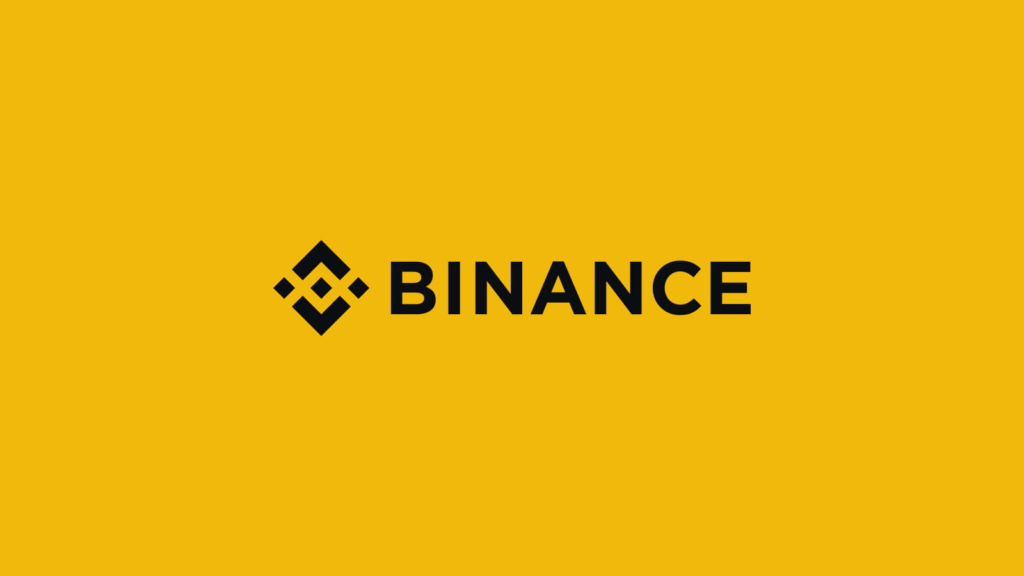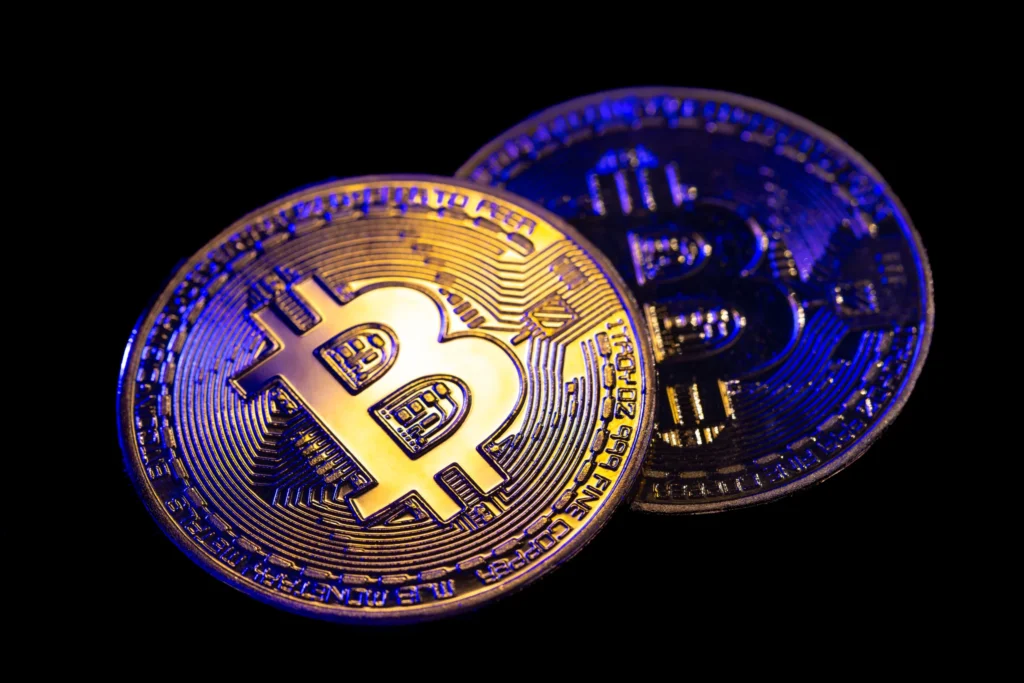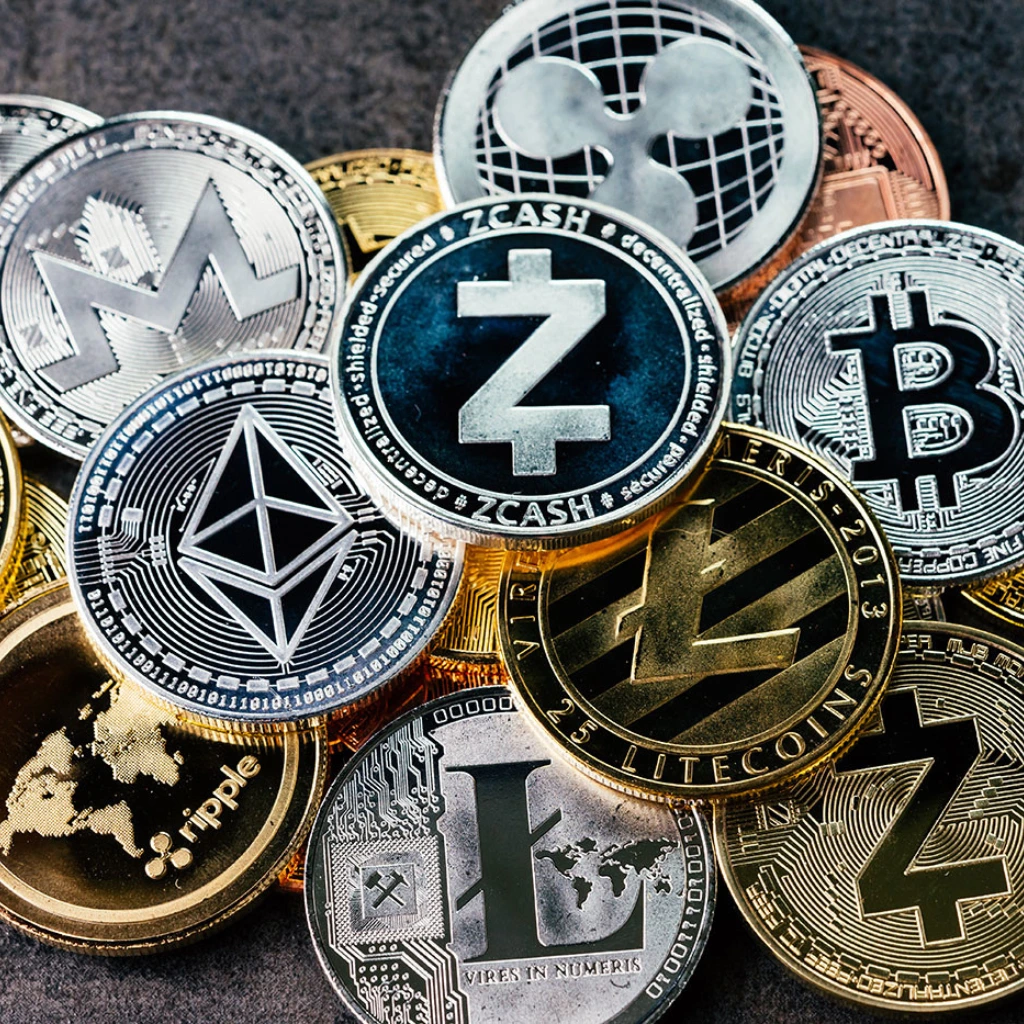Binance vs Bitkub Thailand: Which Platform Truly Fits Local Crypto Traders?
Binance vs Bitkub Thailand: Two Giants, One Crypto Battleground
If you’re a Thai crypto trader in 2025, you’ve likely asked this: Binance vs Bitkub Thailand — which one should I trust with my baht and Bitcoin? It’s a fair question. Both exchanges are giants in their own right, but they cater to very different crowds, needs… and let’s be honest, comfort levels.
Binance has global muscle — flashy features, endless coin choices, and deep liquidity. Bitkub, on the other hand, feels homegrown, local, and in tune with Thailand’s financial regulations. So, which one actually makes sense for you?
Let’s dive in.
Binance vs Bitkub Thailand: Fee Structures That Matter
First off, the boring-but-important stuff — fees.
- Binance offers some of the lowest fees in the industry. We’re talking 0.1% trading fees, and even less if you use BNB (its native token). That’s hard to beat.
- Bitkub, meanwhile, charges a flat 0.25% trading fee. Not outrageous, but definitely higher than Binance. Still, the simplicity here is nice — what you see is what you get.
Deposits and withdrawals? That’s where things get spicy. Bitkub is well-integrated with Thai banks — transfers are fast and easy. Binance, however, pulled back from direct baht support a while ago due to regulatory pressure. That means getting money in and out of Binance might take a few extra steps… or third-party services.
Winner? Depends on whether you’re chasing low fees or local convenience.


Credit from : Binance / Bitkub Academy
User Experience: Global Tech vs Local Flavor
Now let’s talk vibes. Because yes, UX matters.
- Binance feels like you’re walking into a Wall Street-grade terminal. It’s powerful — but overwhelming. New users might get lost in the menus, charts, futures tabs, and whatnot.
- Bitkub? Think of it like a cozy Bangkok café menu. It’s simple, intuitive, and made for the average Thai trader. Plus, everything’s in Thai — including customer support.
That said, Binance’s mobile app is extremely polished, and once you get the hang of it… it’s kind of addictive.
Pro tip? If you’re just getting started, Bitkub probably feels more natural. But if you’re an experienced trader who’s into DeFi, margin, or NFTs, Binance will scratch that itch.
Binance vs Bitkub Thailand: Is Regulation the Dealbreaker?
Ah yes, the regulatory elephant in the room.
Bitkub is licensed and regulated by the Thai SEC. That means it plays by local rules — which offers a layer of protection. Binance? Well, let’s just say it’s had a bumpy relationship with regulators here and globally. In fact, it operates in Thailand with limited functionality (mostly via Binance P2P or through partner platforms).
This matters. If regulation and peace of mind are top priorities, Bitkub may be the safer choice — even if it’s slightly less sophisticated.

Coin Offerings & Features: Who Has More to Offer?
When it comes to crypto variety, Binance wins hands down. Hundreds of coins, obscure altcoins, launchpads, staking, yield farming — you name it.
Bitkub? It sticks to the basics — BTC, ETH, USDT, and a few local favorites like JFIN. For most Thai investors, that’s probably enough… but if you want to explore the wild side of crypto, Bitkub might feel limiting.
Still, there’s something nice about not being bombarded with 1,000+ options. Fewer choices, fewer risks — maybe.


So… Binance or Bitkub? Here’s the Honest Take
Truth is, there’s no one-size-fits-all answer to the whole Binance vs Bitkub Thailand debate.
- If you want advanced tools, lower fees, and global access, Binance is your playground — just be ready to work around some of the baht limitations.
- If you prefer regulatory comfort, local support, and smoother bank transfers, Bitkub is a solid, no-fuss choice.
Some traders even use both — Bitkub for deposits and local transfers, then Binance for the actual trading action. Sounds messy? Maybe. But it works.
Final Thoughts on Binance vs Bitkub Thailand
Choosing between Binance and Bitkub in Thailand isn’t just about who has the flashiest features or lowest fees. It’s about what fits your needs — security, simplicity, variety, or regulatory trust.
So ask yourself: are you in this for the long game, the quick trade, or somewhere in between?
Whichever you choose, just make sure it fits your crypto journey… and remember, the best platform is the one that lets you sleep at night (even when Bitcoin doesn’t).




